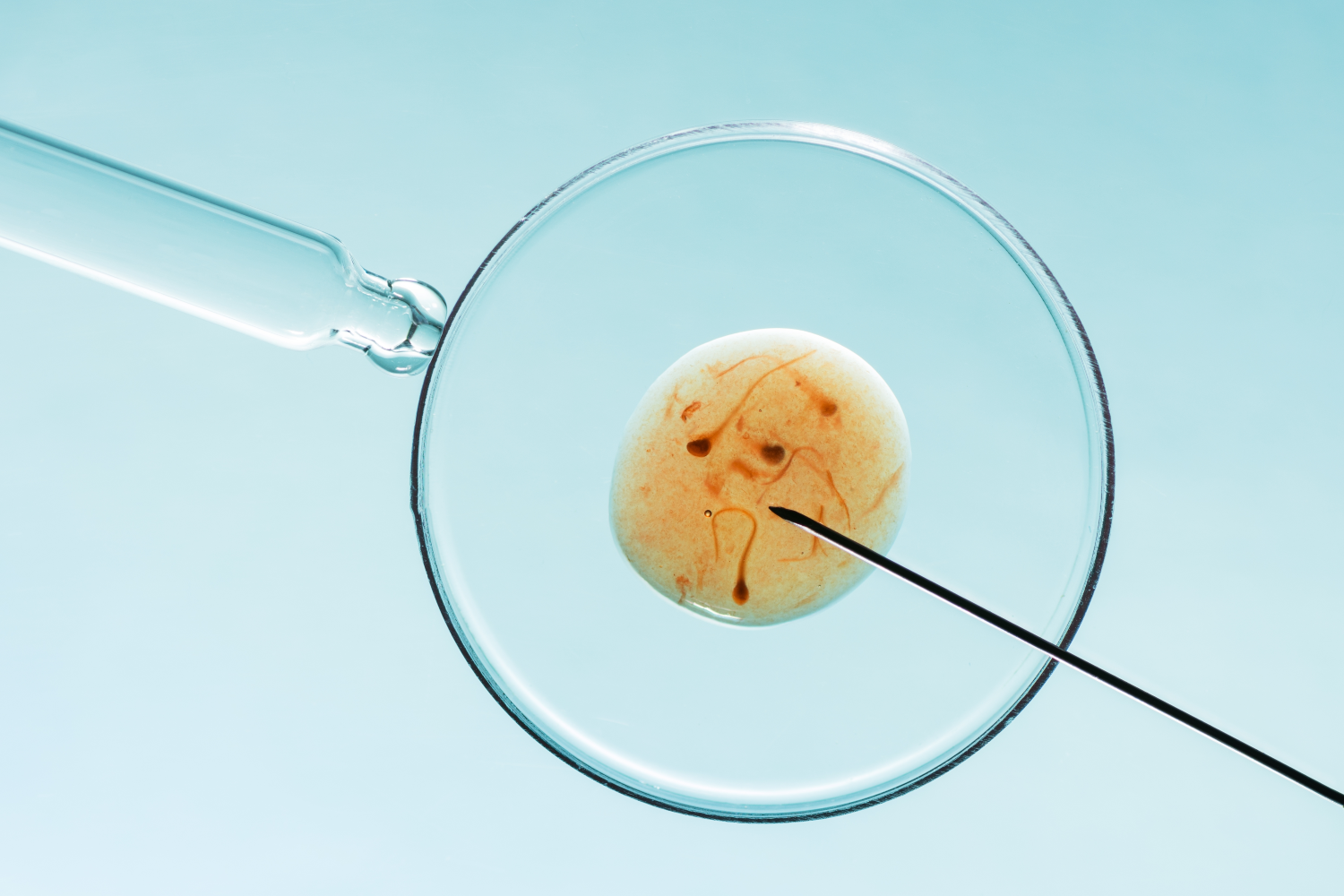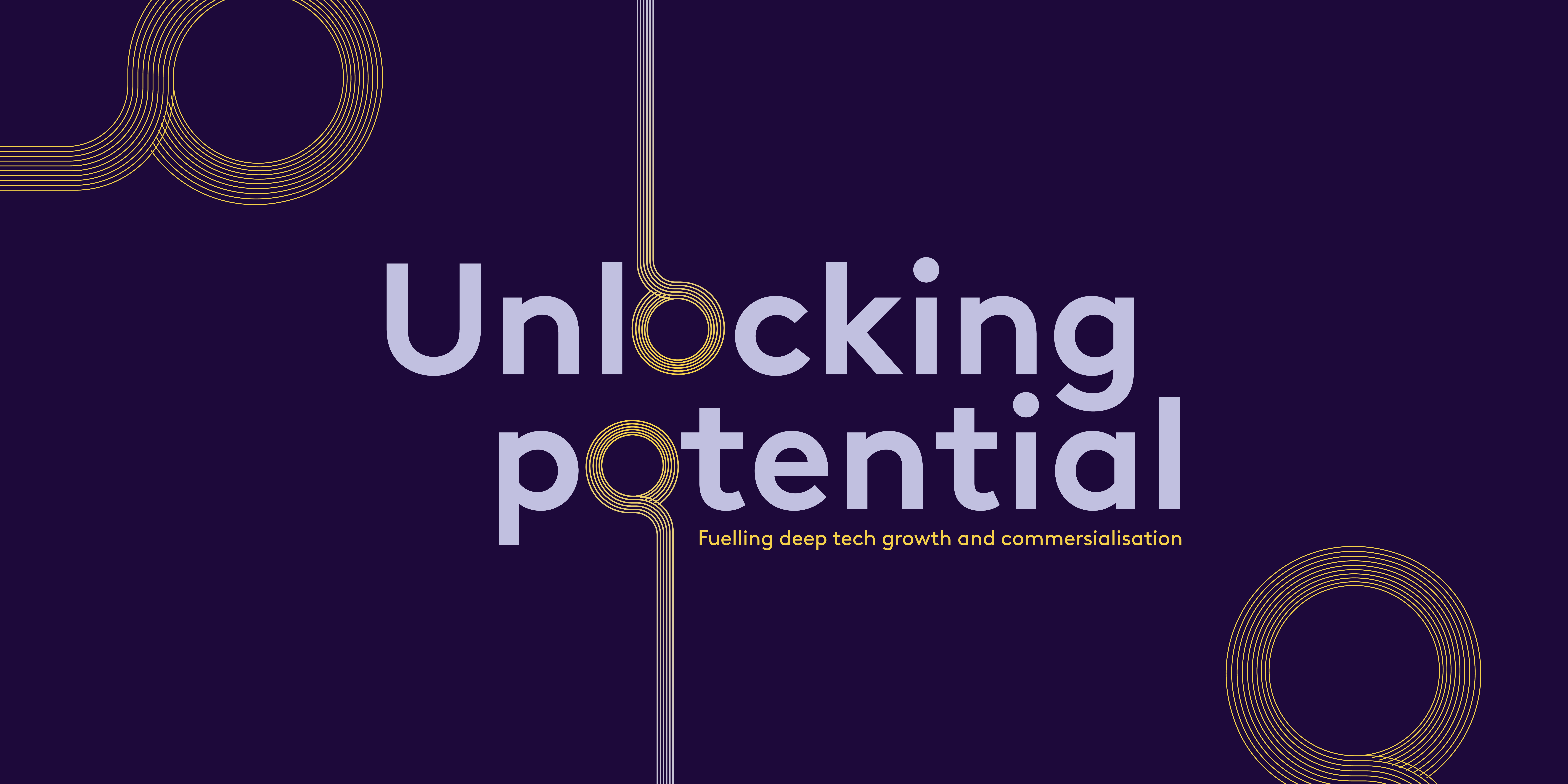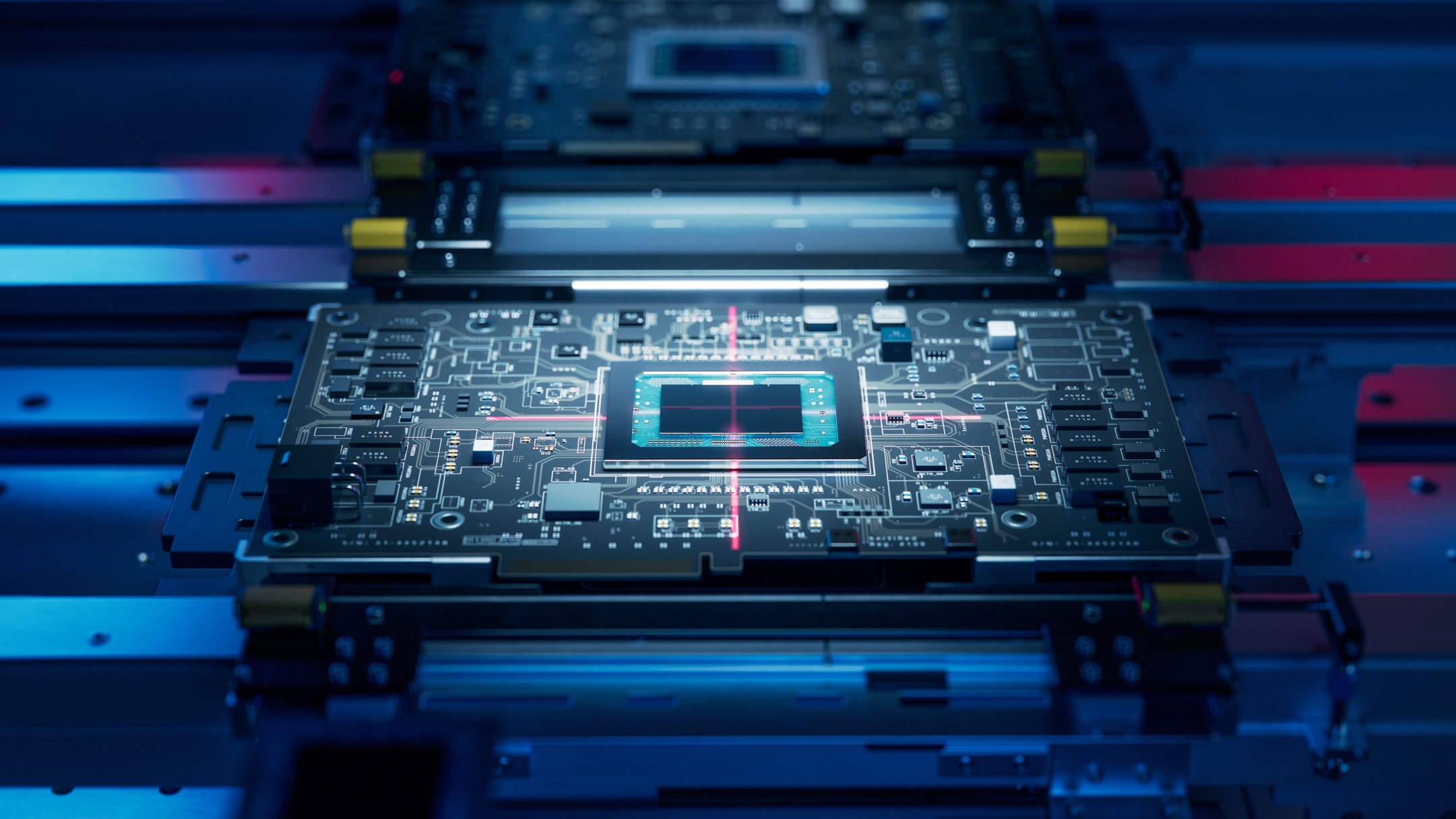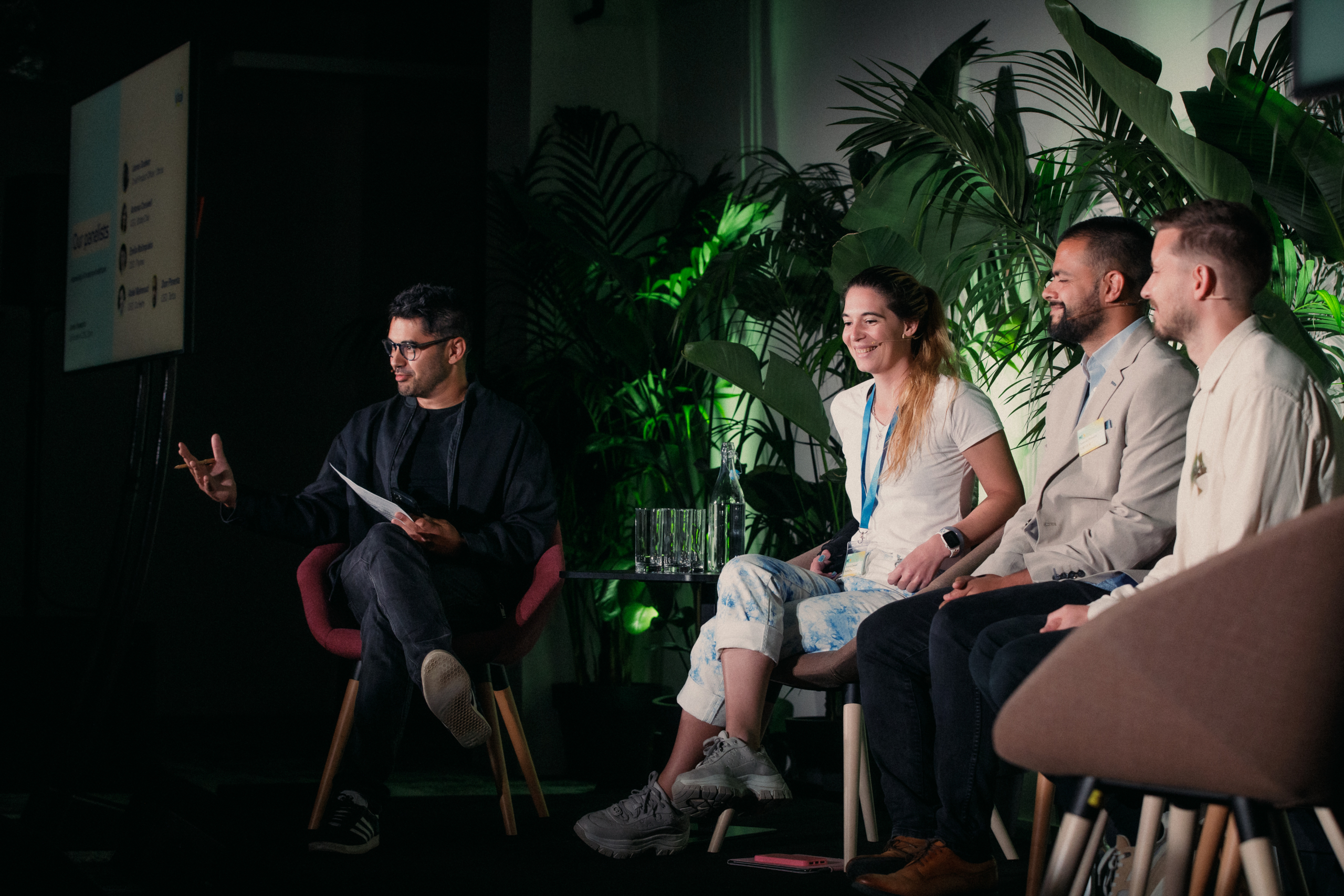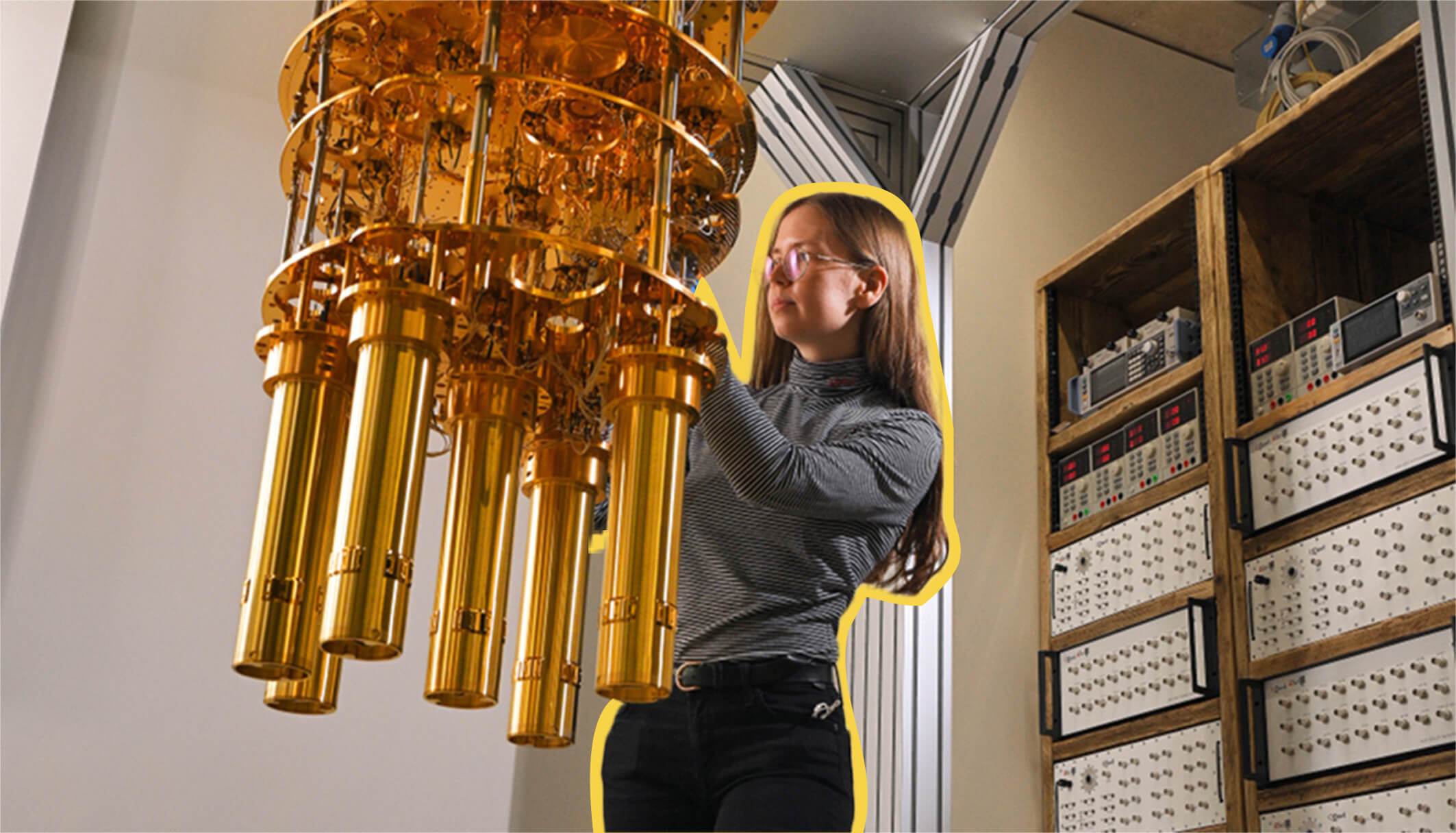Our investment in Ori Biotech.
Cell and gene therapies (CGT) could transform medicine. Today small-molecule drugs and therapeutics dominate the therapeutics landscape. They can require lifelong use and only symptomatic relief. Although they will remain the largest class of drugs used in modern medicine, advances in molecular biology – namely in the fields of genomics, gene editing, stem cell and synthetic biology – have led to promising progress in the cell and gene therapy space. CGT is a class of bio-therapeutics that can be tailored for patients through re-programming of cells (external donor’s cells or own cells), potentially creating a one-shot cure. The implications are huge: cancer, heart disease and AIDS could be not just controlled, but cured by CGT. There is of course a catch: the reprogramming and scaling production of these cells or therapies requires a unique and complicated recipe and manufacturing process that can cost from £250,000 to £2m. The processes require many hours of highly technical input by a specialised (i.e. expensive) workforce. Unlike scaling a process to produce millions of electronic chips, biology is temperamental and hard to control, let alone scale. Ori Biotech has built a full stack platform for automated and scalable biomanufacturing of cell and gene therapy (CGT) that marks a crucial step in unlocking the scalability of CGT and ultimately increasing patient access to these potentially life-saving treatments.
CGT
The CGT process extracts cells, protein or genetic material from the patient (or a donor), genetically alters them, then increases their number before injecting them back into the patient to repair the patient’s own biological system. Ori’s package of hardware, consumables, software and cloud data analytics will be automated and scalable and dramatically cuts the costs of production, by 60-80%. As well as the costs and complexity of manufacturing, there is also currently a shortage of skilled technical labour in the market to even deliver today’s treatments. This is why a full stack, automated, tune-able and scalable system like Ori’s could have such a significant impact. Ori’s vision is to become the default standard in the cell and gene therapy industry with the potential to decentralise CGT biomanufacturing, ultimately moving the process closer to the patient’s bedside.
The sector
Not surprisingly, CGT is a fast-growing market anticipated to reach $25bn by 2027. Around $9bn in investment was made in CGT last year alone and there are currently 1500 clinical trials underway for conditions from haemophilia to Duchenne muscular dystrophy and sickle cell anaemia. In 2018, $1bn in revenues were reached by the first two FDA approved CGTs (Kymriah from Novartis, and Yescarta by Gilead, both approved in 2017) however manufacturing and quality issues have hindered sales. Current biomanufacturing processes, being highly manual, do not lend themselves to scalability and the cost of manufacturing remains one of the key challenges limiting patient access. Since 2018, 11 drug makers led by Novartis and Pfizer have set aside a combined sum of $2bn to invest in manufacturing facilities for CGT and throw more people power at it, but the problems of scalability will remain. Ori’s ability to automate the process and significantly reduce reliance on expensive manual labour could provide the answer, making these therapies more widely accessible to patients at a lower cost. The data and analytics captured in the Ori platform will be able to provide unique insights that could help process developers improve quality, lower costs and shorten time to market for these important therapies.
The team
Ori Biotech is a team of seasoned entrepreneurs and internationally recognised technologists who have surrounded themselves with thought leaders in the CGT space. Farlan Veraitch, CSO and founder of the business, is a leading academic in CGT biomanufacturing while Chief Business Officer (CBO) Jason Jones has 17 years of experience in the CGT space. He was leading commercial strategy at Miltenyi Biotec, a first-generation leader in CGT devices, and secured partnerships with GSK and Autolus. CEO Jason C. Foster has held leading roles building consulting, pharma and technology companies over the last 20 years including Indivior PLC, which exited in a £2.5bn listing in December 2014. As a further testament to Ori’s innovative technology, they have recently hired Thomas Heathman from Hitachi Chemical Advanced Therapeutic Solutions (now called Menaris), which is one of the leading CDMO (contract development manufacturing organisation) in the cell and gene therapy sector.
Ori is a significant investment for our Future of Health pod, fulfilling our intention to have a front row seat in the next iteration of health innovation. The implications for sufferers of devastating diseases could be immense, and we believe the Ori team have what it takes to bring a disease-free future one significant step closer.




